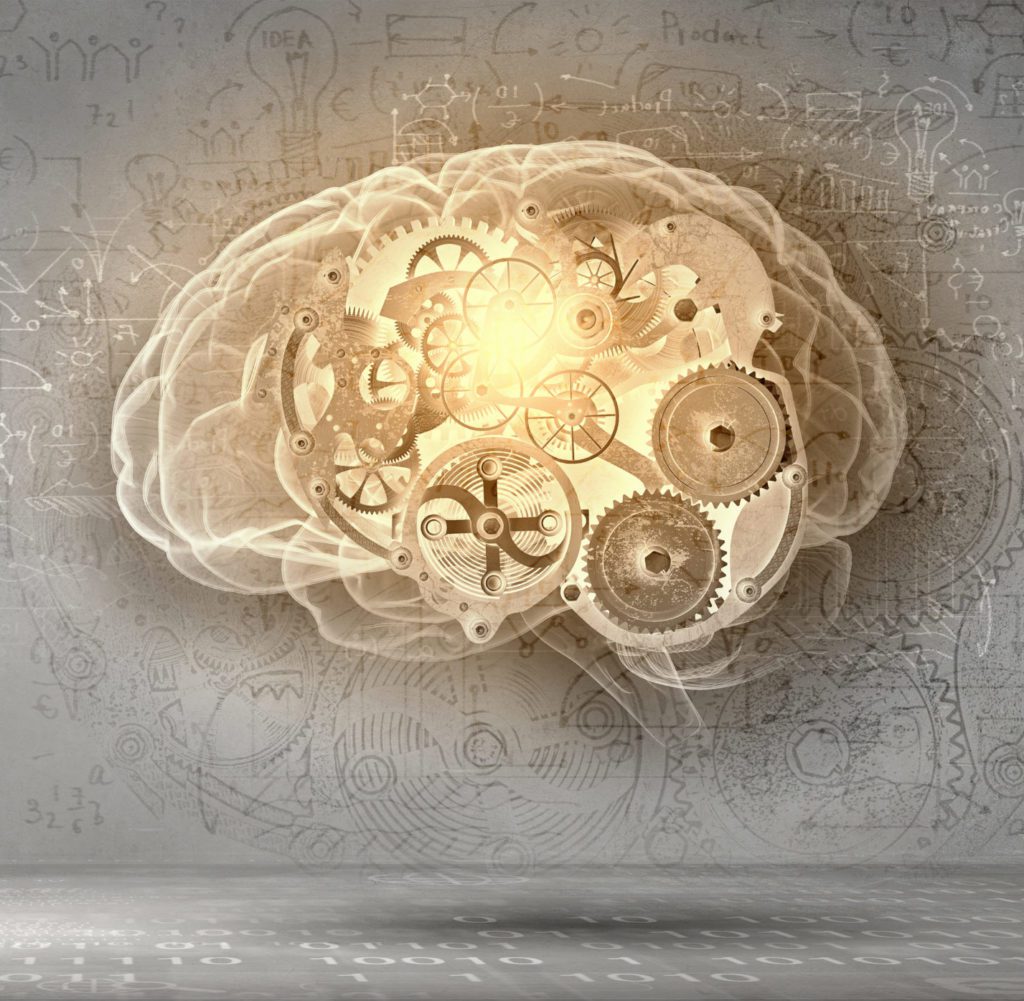
Let’s talk a bit about the how…
HYPNOTHERAPY IS NOT WHAT YOU MIGHT THINK IT IS
Chances are, when you think of hypnotherapy, you either imagine a swinging pendulum or a helpless audience member being made to cluck like a chicken on stage. Well this is not what we are doing here.
Cognitive Hypnotherapy is a modern approach based on recent discoveries made in neuroscience. Cognitive Hypnotherapy has been developed to help people make significant changes through various techniques influenced by the most effective elements of Cognitive Behavioural Therapy (CBT), Positive Psychology, Gestalt, Traditional Hypnotherapy and Neuro-linguistic Programming (NLP). It’s a solution focused therapy that is aimed at getting you where you want to go in the quickest and safest way possible.
We do not advocate one single approach as the answer to all of life’s problems, we do not label our clients, we believe that therapy should be fluid and tailored to each individual in order to empower them with the tools to take back control of their thoughts, feelings and behaviours.
How Cognitive Hypnotherapy differs from traditional Hypnotherapy
Cognitive hypnotherapy adheres to 3 key principles that differentiate this practice from traditional hypnotherapy
Trance is a natural occurrence for the human mind, it’s not an un-natural state of unconsciousness. The reality is, we are all drifting in and out of a natural trance state all the time. In fact, studies have shown that 90% of the decisions we make daily are made unconsciously, if this is the case, then we are in a trance state more often than not. There are some useful trance state that allow us to act quicker and be more efficient completing certain tasks (driving home from work, tying up your shoes etc…) and there are some “problematic trance states”, these are the ones that can cramp up our lives (comfort eating, stage fright, phobias etc..), my job as a cognitive hypnotherapist is to help my clients “de-hypnotize” themselves by regaining the control of their thoughts and behaviours in situations where, in the past, they weren’t able to. Since we store our problem patterns in the emotional part of the brain (the unconscious) as opposed to the logical part of the brain, it is that part (the unconscious) that we need to address, through a light trance, in order for the brain to re-learn and to lead the client to their solution state.
Trance is an everyday phenomenon
All behaviour has a positive intention
Cognitive hypnotherapy is based on the principle that all behaviour has a positive intention, negative behaviours are only good intentions fed by negative emotions, that are the results of past experiences (usually occurring during our formative years) that are at the source of our limiting beliefs. They are the result of our unconscious trying to protect us from negative experiences that our young brain had processed as “bad”. Later in life the unconscious will look for similar situations and will apply one of the stress response to help us survive to the situation : flight, fight or freeze. Unfortunately, although these stress responses were useful to us 10,000 years ago when facing an earthquake or a predator they have not updated quickly enough to follow the evolution of the world in order to help us cope with our modern day problems (anxiety, stress, stage fright, etc…) and will do nothing but highjack us. Cognitive hypnotherapy works by updating our understanding of these past experiences with a more rational perspective which will inevitably update our response to these situations and will allow us to regain control over our lives.
In Cognitive Hypnotherapy we believe that the therapy should adapt to the client and not the other way around, we aim to be extremely sensitive to the differences in the way people think and tailor our therapy to use these differences. We believe that clients’ problems emerge as a pattern, completely unique to them. Cognitive Hypnotherapy is about understanding the pattern and changing it for a better/more positive one using techniques that are specifically tailored to each individual.
Everyone is unique
How Cognitive Hypnotherapy differs from other styles of therapy
Cognitive Behavioral Therapy
The goal of CBT is to help people understand how their thoughts and feelings come together to produce unwanted behaviours or responses. Cognitive Hypnotherapy does the same but takes the process a step further with the use of suggestion. Suggestions are spoken ideas that help the mind absorb and learn new perspective and patterns. As 90% of our everyday actions are unconscious, In cognitive hypnotherapy we pay much more attention to the “automatic thoughts” created by the unconscious process and we use suggestions in order to influence the adaptive unconscious for a better longer lasting result on the problem we are tackling.
Psychoanalytic Psychotherapy
The basis or Psychotherapy and Cognitive Hypnotherapy are similar, both practice help the client understand long-lasting conflicts from the past, both practice will aim to bring the unconscious mind into consciousness, helping clients to unravel, experience and understand their true, deep rooted feelings in order to resolve them, using the past to resolve the present. The difference is Cognitive Hypnotherapy is a solution focused therapy, which means that we would only bring up memories from the past in order to change our perceptions of them in order to get rid of what limits us and prevent us to achieve our potentials. Changing the way we feel about our past affects how we perceive our future, Cognitive Hypnotherapy will make you take perspective on your past in order to change your future in a limited amount of sessions.






